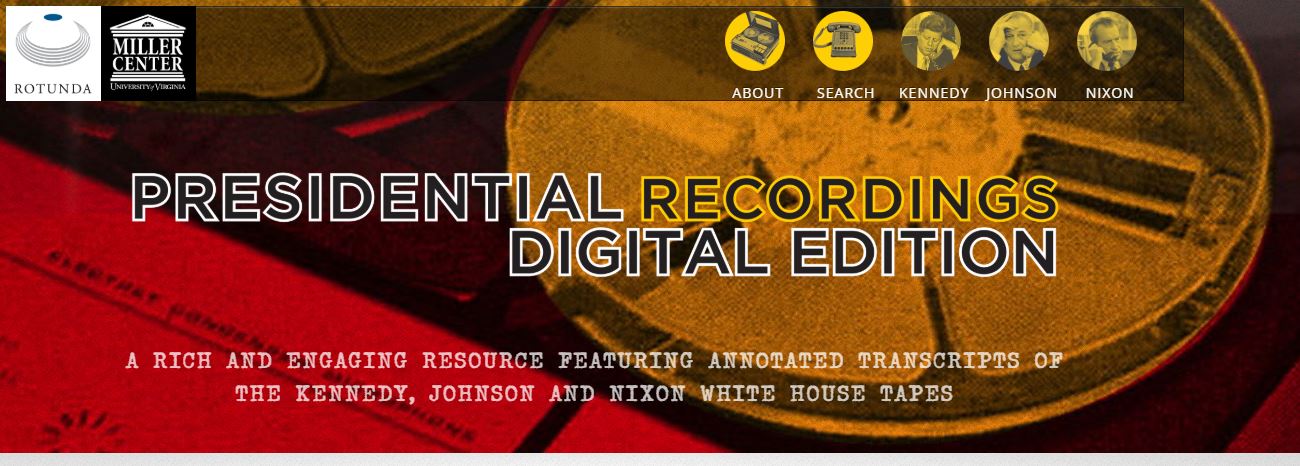I am pleased to report that Bodleian readers now have access to Archives of Sexuality and Gender: LGBTQ History and Culture Since 1940, Part II. This database was kindly funded by Bloomsbury Publishing.
The Archives of Sexuality and Gender: LGBTQ History and Culture Since 1940, Part II provides coverage of the development, culture, and society of LGBTQ groups in the latter half of the twentieth century. It provides new perspectives on a diverse community and the wealth of resources available in the archive allow for creating connections amongst disparate materials. Oxford researchers now have access to both Part I and II of the Archives of Sexuality and Gender (see our previous blogpost for more information about Part I).
Materials were selected from the following US archives:
- ONE National Gay & Lesbian Archives, University of Southern California, Los Angeles – the world’s largest repository of LGBTQ materials, primarily focused on activities in California
- GLBT Historical Society, San Francisco, California
- Cornell University, Ithaca, New York
- Duke University, Durham, North Carolina
- Lambda Archives, San Diego, California
Collections of interest to Americanists include:
- The National Gay and Lesbian Task Force records, 1973-2000, the oldest LGBTQ advocacy group in the United States still in existence.
- Transgender focused collections, such as the National Transgender Library Collection, the Transgender San Francisco Society Collection and papers of individual transgender activists.
- LGBTQ movements within specific ethnic groups or religions, such as the records of the Gay American Indians (GAI), Asian Pacific Lesbians and Gays (A/PLG), the Asian Pacific AIDS Coalition (A/PAC) and materials from the Jewish Gay, Lesbian, Bisexual, and Transgender Archives.
- The Atlanta Lesbian Feminist Archives, 1972-1974, offering a rare south eastern US perspective on feminist and LGBTQ history.
- Records of Californian based movements and organisations, including student movements (the Gay and Lesbian Alliance (GLA) at Stanford University and Los Angeles City College Gay and Lesbian Student Union), ACT UP Los Angeles and ephemera from the Imperial Courts community and social events.
- J. David Lantham psychological surveys of subjects, focused on homosexuality within heterosexual marriage and gay recovering alcoholics, from the 1970s-80s.
- FBI surveillance reports of LGBTQ individuals and movements from 1950s-1980s.
- Key San Diego, California based periodicals: Bravo!, Update and San Diego Gay Times/Gay and Lesbian Times.
- Wide ranging collections of ephemera, oral histories, periodicals, primary research and statistics and papers of LGBTQ individuals and activists.
Alongside the above are materials from Canadian and British based collections, alongside ephemera and publications from Mexico, giving researchers a broader geographic context.
You can access Archives of Sexuality and Gender: LGBTQ History and Culture Since 1940, Part II here, or via the Bodleian Libraries Database A-Z. Note that you will need to use your Single Sign On to access this resource.


